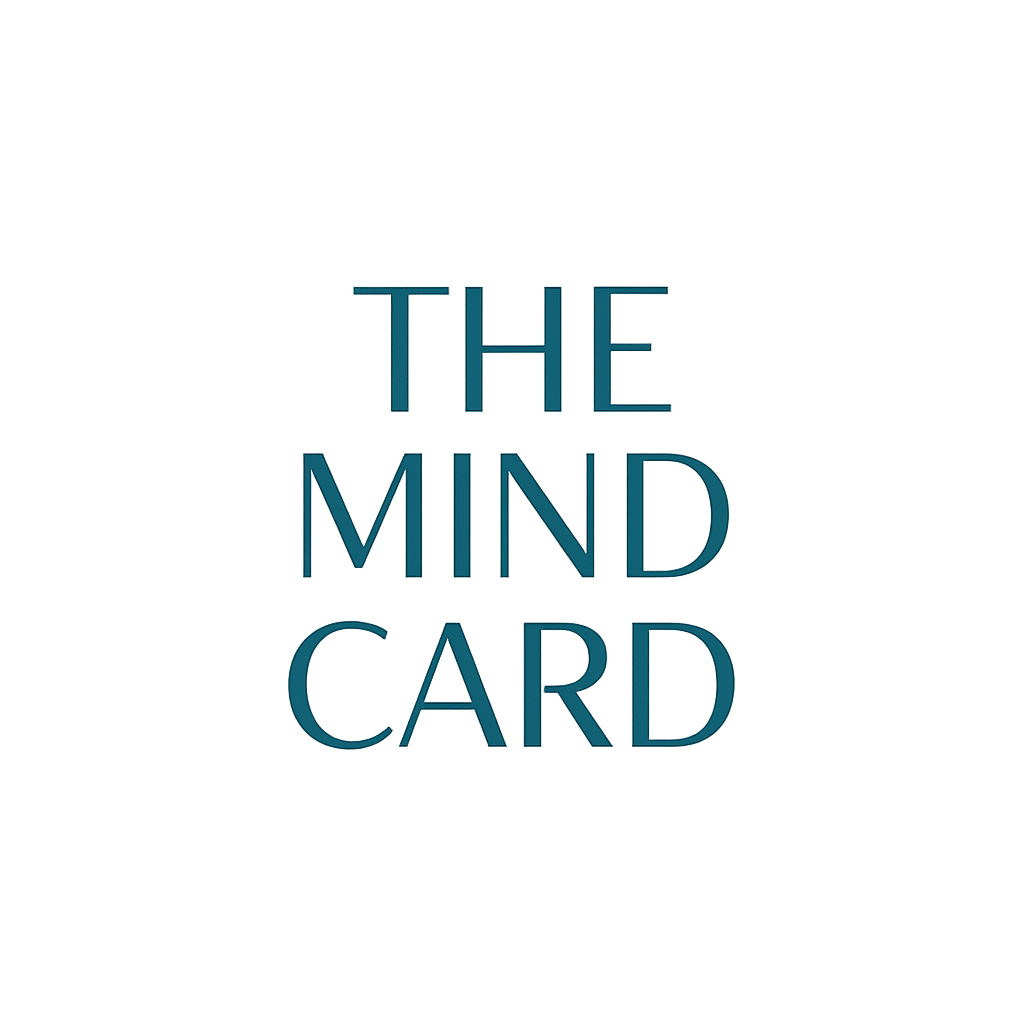Why The Mind Card™ Exists: A Personal Story
When people ask me why I started The Mind Card™, the truth is that it comes from lived experience. Over the years, I’ve seen firsthand how chaotic life in the U.S. can feel compared to other parts of the world. We work longer hours, push ourselves harder, and too often leave our mental health at the bottom of the priority list.
I noticed this most clearly when I became a flight attendant. Flight attendants are shift workers, always moving between time zones, holidays, and long stretches away from family and home. On paper, it might look like a glamorous job. But behind the scenes, it often meant missing birthdays, anniversaries, or even just a consistent night’s sleep. Pay didn’t always match the hours worked—especially since you’re only “on the clock” when the aircraft door is closed. And while the lifestyle took a toll mentally, access to affordable mental health support wasn’t always there. Therapy was too expensive, and there weren’t many resources that fit the unique challenges of that lifestyle.
When I transitioned into nursing, I realized the same struggles existed. Nurses, like many other shift workers, face long hours, physical and emotional demands, and schedules that don’t line up with the rest of the world. Add in financial stress, living paycheck to paycheck, or having insurance that technically “covers” therapy but leaves people paying hundreds out of pocket- and you have another group of people slipping through the cracks.
And it’s not just nurses or flight attendants. I call it the forgotten middle. These are people who technically “should” be able to afford therapy, at least on paper, but in reality can’t. Their income or insurance disqualifies them from state-funded programs, but the cost of sessions is still out of reach.
That became even clearer to me when I started volunteering as a Guardian ad Litem. Families involved with DCF and Family First Network often had access to specific therapy programs, but only within narrow systems. If someone wanted to continue with the therapist they had already built trust with—and that provider wasn’t on the list—they might have to stop. Sometimes it came down to losing a job, switching insurance, or simply not being able to cover the next session. And that’s when I realized: we need a place where people can say, “I need help but I can’t afford it,” and actually have somewhere to turn.
The Mind Card™ was born out of that vision. I want mental health care to be as normalized as a dental cleaning or a wellness check. We don’t wait until a tooth is falling out to see the dentist—we go every six months for preventive care. Why shouldn’t mental health be the same?
Right now in the U.S., we’re often reactive instead of proactive when it comes to mental health. We wait until someone is in crisis. I want to change that. The Mind Card™ exists to make therapy accessible, affordable, and—most importantly—normalized.
Because nobody should have to choose between paying bills and getting the help they need.
